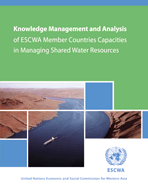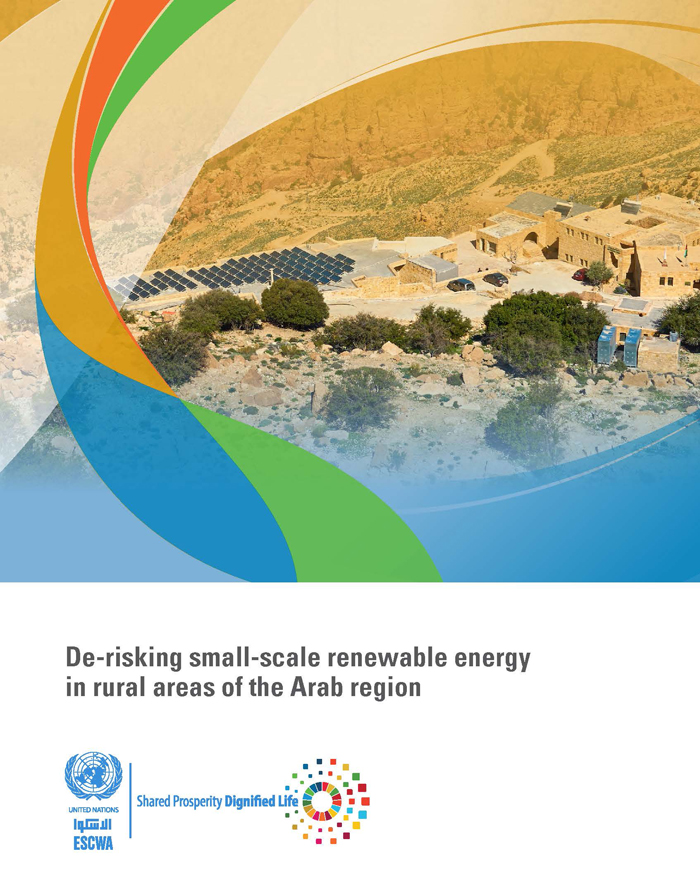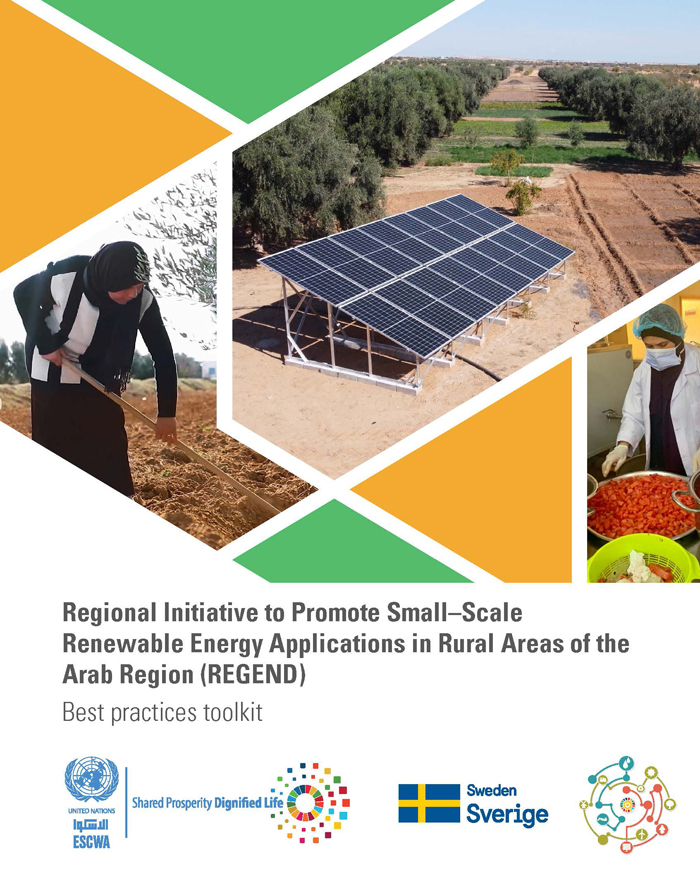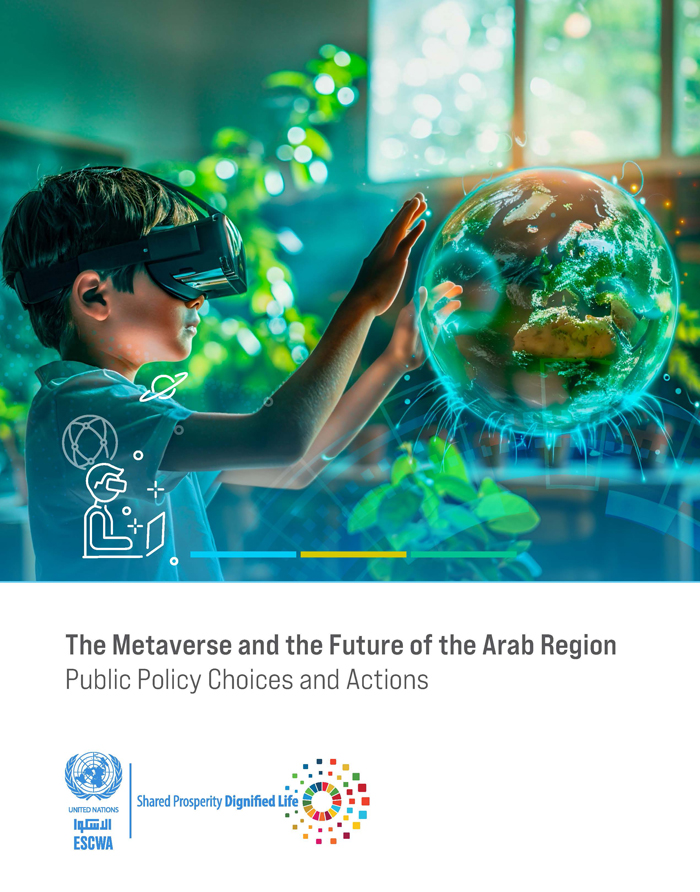
ESCWA Publication: E/ESCWA/SDPD/2009/7
Country: ESCWA Member States, Arab Republic of Egypt, Hashemite Kingdom of Jordan, Lebanese Republic, Republic of Sudan, Syrian Arab Republic
Publication Type: Reports & studies
Cluster: 2030 Agenda and SDG Coordination
Focus Area: Natural resource sustainability
Initiatives: Water Resources Management Tools
SDGs: Goal 6: Clean Water and Sanitation
Keywords: Arab countries, Knowledge management, Shared water resources, Aquifers, Nile river, River basins, Colombia, Water resources, Shared water resources
Knowledge Management and Analysis of ESCWA Member Countries Capacities in Managing Shared Water Resources
January 2009
Water scarcity is a fundamental challenge to sustainable development in arid and semi-arid regions. The problem is accentuated by the fact that most of the water resources used by ESCWA countries are shared resources that originate from outside the region. There are seven major shared surface watercourses in the ESCWA region, with an average annual discharge of approximately 195 billion cubic meters (BCM). This study reviews international, regional and national case studies in shared water resources management so as to draw lessons learned and recommendations for improving shared water resources management in the region with a view towards integrated water resources management (IWRM). The study reveals the importance of four pillars supporting the effectiveness of a shared water resources management regime. Those pillars are to: (a) base agreements on internationally accepted legal principles; (b) establish well-defined and appropriate institutional arrangements that involve relevant stakeholders; (c) promote sound policy development based on adequate access to information and knowledge; and (d) invest in sufficient technical and human capacity for monitoring and managing shared water resources.
Related content
Natural resource sustainability
,
Water scarcity is a fundamental challenge to sustainable development in arid and semi-arid regions. The problem is accentuated by the fact that most of the water resources used by ESCWA countries are shared resources that originate from outside the region. There are seven major shared surface watercourses in the ESCWA region, with an average annual discharge of approximately 195 billion cubic meters (BCM). This study reviews international, regional and national case studies in shared water resources management so as to draw lessons learned and recommendations for improving shared water resources management in the region with a view towards integrated water resources management (IWRM). The study reveals the importance of four pillars supporting the effectiveness of a shared water resources management regime. Those pillars are to: (a) base agreements on internationally accepted legal principles; (b) establish well-defined and appropriate institutional arrangements that involve relevant stakeholders; (c) promote sound policy development based on adequate access to information and knowledge; and (d) invest in sufficient technical and human capacity for monitoring and managing shared water resources.



